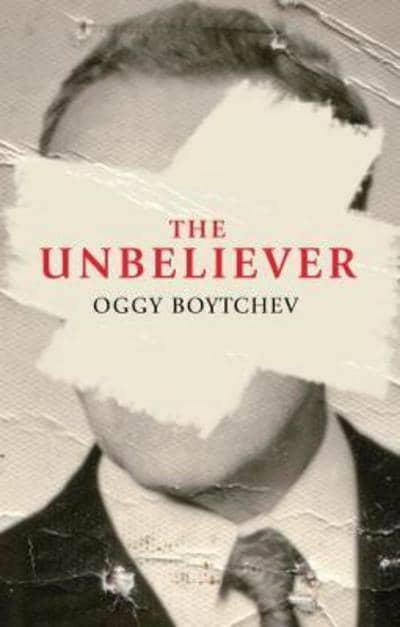
I’m spending the final week of #readindies month, reading my way east to my February #literarycities destination. Before sailing across the Black Sea, I shall tarry a while in Bulgaria, though the atmosphere be distinctly frosty. It is 1963 and at the height of the Cold War, in Sofia’s Great Ceremonial Hall of the People, there’s an espionage trial to follow …
The Unbeliever is a fictionalised account of events leading up to the trial and execution of Ivan‐Asen Khristov Georgiev. Having made a plea bargain, Botychev’s protagonist, Alexander Ivanov, admits his guilt. Yet his sentence is unexpected – the authorities are behaving traitorously with their traitor!
Following the trial the novel splits into a dual narrative – the first reverts to the moment Ivanov is arrested in Moscow and follows his interrogation by Bulgarian state security. This is not conducted harshly. The interrogator, Major Ohridski, has time on his side and wants to secure a legitimate confession. Ivanov continues to deny everything until such time as the major shows that there is enough evidence to convict anyway. It’s simply a matter of whether Ivanov wants to protect his family from the fallout.
Running in parallel, the narrator interviews Ivanov’s wife, some years later. (So we know the authorities kept that part of the deal.) Her account of their courtship and marriage gives another perspective on events that Ivanov covers in his confession. It shows that she wasn’t as unknowing as her husband thought, but also answers the question at the top of my list. Why did she, an intelligent professional woman in her own right, stay with him? Because during his confession, Ivanov, a middle-ranking diplomat, charming, sartorial, proves himself quite the egoist and serial adulterer. (If a sailor has a girl in every port, where does a diplomat keep his mistresses, I wonder.)
Everyone has their price according to the CIA, and yet Ivanov, always viewed as a high-risk and nicknamed “The Unbeliever” by the Bulgarian authorities, resisted their advances for years. So what was it that finally pushed him to the other side? The answer to this question (and more!) provides fascinating political and psychological insight in this debut from an author who himself defected from Bulgaria in 1986.

Quartet Books was founded in 1972 with a mission of publishing the alternative from the mainstream. Naim Atallah, a Palestinian entrepreneur, became chairman in 1976, and kept a blog since October 2009. Sadly he passed away earlier this month. I eagerly await the Quartet Books’s next chapter – after all, they are the people who brought Marlen Haushofer to UK readers.
I enjoyed this book a lot.
It’s a bit uncanny reading your post this morning. I’ve just finished a book by another Bulgarian author and am trying to write a post about it. This book sounds very much up my street and I hope I can find it over here.
quartet brought some great books out over the years
Sounds great – I’m a fan of Quartet too!